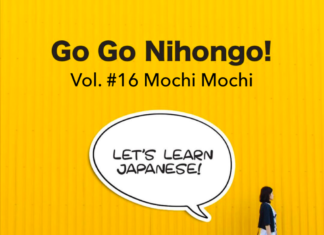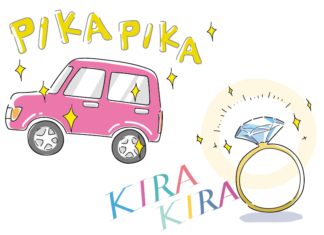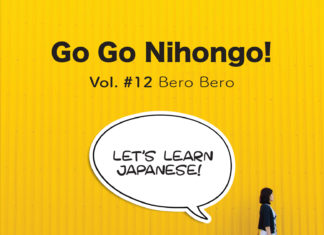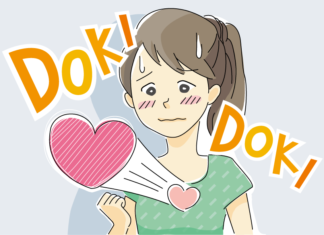Go Go Nihongo! Volume #10: Kyaa!
PHOTO CREDITS: しろまるんさんによるイラストACからのイラスト
When a young girl is surprised or excited, she’ll most probably scream out loud. And in the world of onomatopoeia, the most common expression...
Go Go Nihongo! Volume #17: Buru Buru
In Japanese folklore, the yōkai (demon) is a well-known collection of creatures, known for their eclectic (and often terrifying) characteristics. During the Edo period, a printmaker...
Go Go Nihongo! Volume #16: Mochi Mochi
Boba Tea
Recently, my friend welcomed a new baby into her family. Her baby is happy and healthy, with plump, puffy cheeks, and supple skin that bounces back...
Go Go Nihongo! Volume #5: Pika Pika
I’m pretty sure you’ve heard of “pika pika” from the ultra-popular anime character, Pikachu.
Pikachu’s super power, Lightning Rod, is a burst of bright light, befitting the onomatopoeia that inspired its name. Similarly, when eye-blinding...
Go Go Nihongo! Volume #11: Pero Pero
PHOTO CREDITS: Bruce Lam
I’m pretty sure you’ve done this before when you were young: whenever you made a mistake, you’d stick out your tongue unconsciously, even...
Go Go Nihongo! Volume #12: Bero Bero
PHOTO: Getty Images
Last month, I introduced the onomatopoeia “bero bero”, which can be used to describe excited dogs licking your face, or the funny faces you...
Go Go Nihongo! Volume #7: Fura Fura & Bura Bura
This month, I’d like to talk about different movements: “fura fura” and “bura bura”.
“Fura fura” is a swaying movement that is commonly-used to...
Go Go Nihongo! Volume #19: Zoro Zoro
I trust all of you had a good break the previous month! As we start to regain our momentum to face the year 2020 with full...
Go Go Nihongo! Volume #18: Zoku Zoku
Welcome to 2020! Last month, I talked about getting the “buru buru” shivers. Today, let’s look at something quite similar, which is called “zoku zoku”.
Go Go Nihongo! Volume #1: Doki Doki
Are you a fan of Japanese comics,
or as we call them, manga?
Apart from the characters’ dialogues, you might have noticed lots of quirky sound effects incorporated into the background, like, “burororo”, “donn”, “waku waku”...












